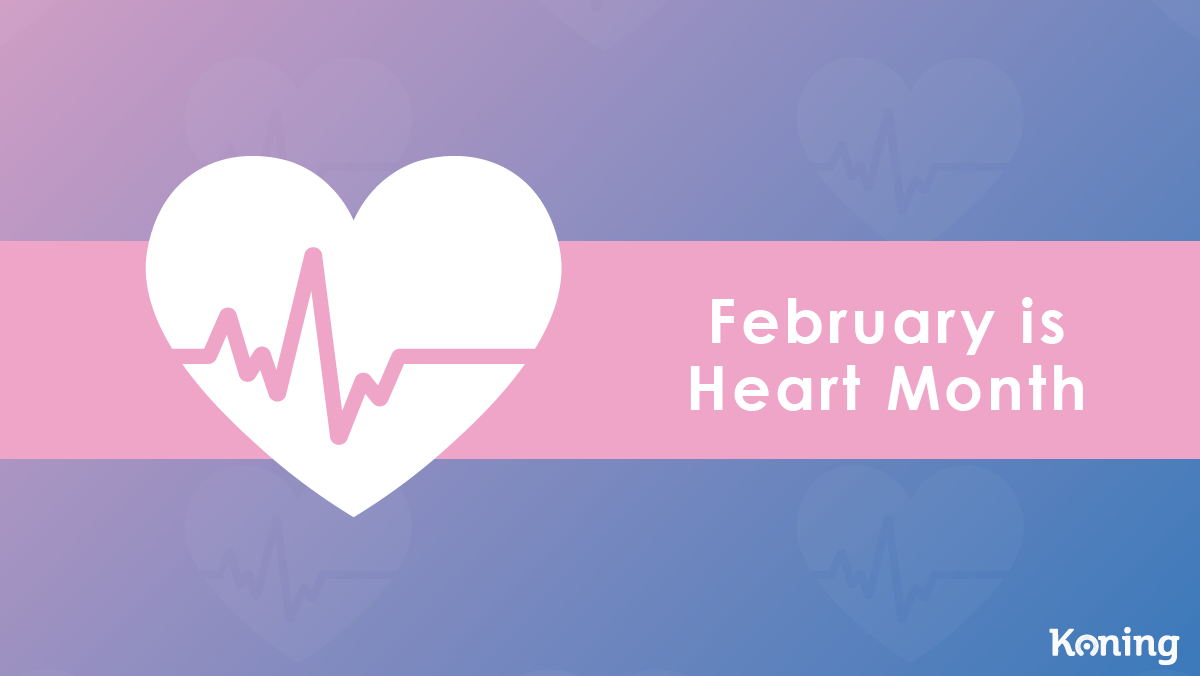
- Blog /
- February 2, 2022
Breast Cancer and Heart Disease
Heart disease and cancer are the first and second leading causes of death for women. The sad reality is that few people are lucky enough to remain unaffected by at least one of these vicious killers. Whether through personal experience or caring for a sick loved one, most of us will unfortunately have to face these diseases at some point in our lives.
Breast cancer is one of the most common types of cancer affecting women, and it is unsurprising that there are links between it and heart disease. Both conditions target the same integral area of the body, so it’s important to understand the complex relationship between the two.
The Effect of Breast Cancer on Heart Health
While breast cancer is certainly devastating to the body overall, it does not directly contribute to the development of heart disease. It is the aggressive treatment measures used to fight breast cancer that have been proven to cause worsened heart function and even failure.
Radiotherapy — a treatment that uses high doses of radiation to kill or shrink tumors and cancer cells — can lead to issues such as blocked arteries, valve dysfunction, and abnormal heart rhythms. There is a reason that your dentist shields your torso when performing x-rays of your teeth: radiation might be useful for imaging, but it is also extremely damaging to the internal organs. So, women who receive breast cancer treatment via radiation risk undermining their heart function, especially if the cancer is in the left breast.
Another common treatment for breast cancer is, of course, chemotherapy. While there are many different types of chemo, one of the most effective involves a chemical called anthracycline doxorubicin. This substance prevents cancer cells from replicating and spreading, but its unfortunate side effect is the possibility of irreversible heart damage.
The Effect of Heart Disease on Breast Cancer
Because of the ironic nature of effective cancer treatments posing serious threats to the heart, doctors are cautious when creating treatment plans for patients. If someone has a pre-existing heart condition or a weakened heart muscle, it might be necessary to abstain from some of the more aggressive treatment options. This might result in a lower chance of victory over cancer for that patient.
In addition, patients who have beaten cancer at the cost of weakened heart health are not only prone to heart attacks and strokes, but they are also more likely to see their cancer return. Heart health is thus incredibly important for breast health because a strong heart can help prevent cancer recurrence and increase chances of survival.
Some Good News: Heart Failure Due To Breast Cancer Is Not As Severe As It Seems
When the link between heart health and breast cancer was first found and publicized, many doctors and patients assumed that heart failure resulting from oncological treatment was dire. Some people even became skeptical of the need for treatment given its seemingly steep price.
However, more recent studies show that women who develop cardiovascular issues during breast cancer treatment exhibit better heart health than people whose heart disease is caused by other conditions. These studies have also found that the risk of declined heart function due to chemo or radiotherapy is much lower than previously thought.
More Good News: Prevention Lifestyle Works Against Both
Even though breast cancer and heart disease affect different organs and manifest in their own ways, they share many risk factors. This means that the choices and actions you take to protect yourself against one actually work to ward off the other as well.
For instance, eating healthy, exercising, and not smoking all make a huge difference in lowering your risk level for both heart disease and breast cancer. Simple things you are already doing to take care of yourself may be preventing you from developing both cardiovascular and oncological issues.
And finally, early screening and detection are crucial in fighting both heart disease and breast cancer. Communicate with your doctor regularly about your heart health and history of family disease; frequently check your breasts for abnormalities; listen to your body and be proactive about responding to its needs. For more information about early breast cancer detection and alternatives to mammograms, visit koninghealth.com.
